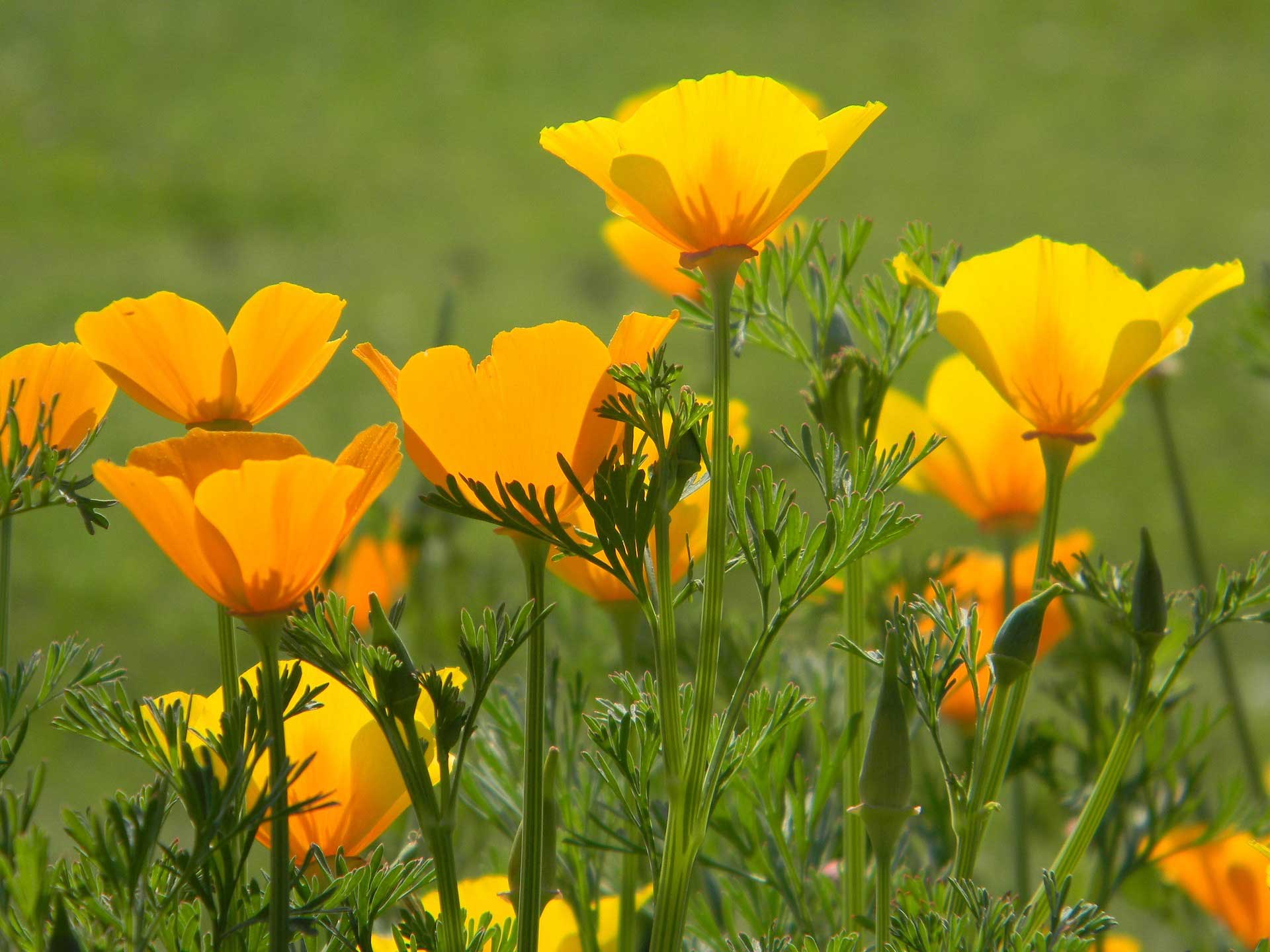Making Peace with Contentment (Santosha)
What we have seems not enough
There’s also the issue of “having it all”. Whether it’s getting the house we want, the relationship we’ve dreamed of, the perfect job, the healthy body, or even spiritual enlightenment, there’s always something “out there” – just out of reach – that we want. We spend a lot of time striving to get it. What we have is never quite enough, or never just right. Besides the challenges of the external circumstances in our lives, internally we’re often dissatisfied, frustrated, or impatient for things to be different.

In contrast, when we feel satisfied with our circumstances, with what we have, and who we are, we experience contentment. This is usually what we’re searching for underneath the external “stuff” – a feeling that life is pretty good, and we’re generally happy. Wouldn’t it be great, we think, to just sit back and be able to say, “aaahh. This is good. I like my life just as it is.”
Santosha
In Sanskrit, the ancient language of India, the word for contentment is Santosha, described as one of the key components to success on the path of self-realization. It is the prerequisite to experiencing peace.
TKV Desikachar, a world-renowned yoga master, describes the meaning of Santosha as accepting what happens. Simply accepting whatever life offers you and learning from it. It is also accepting ourselves just as we are. There’s no need for me to be different than I am, and there’s no need for my life to be any different in this moment.
Inner balance
Well-known author of The Enneagram, Helen Palmer, describes contentment as balance: “being able to stabilize attention in the present and feeling the satisfaction of having enough.” This is Santosha. It is an inner feeling of satisfaction, of fullness, in the now, so that the events and things of the outer world don’t set us off balance. When we’re in a state of Santosha, even our desires are quelled by the inner feeling of contentment. With contentment, we feel inner peace.
Sounds wonderful, doesn’t it? The problem is that most of us avoid opportunities to feel contentment. If you have a free weekend, how often do you rush to try to fill it with something? If you get a new job, how quickly does it lose its appeal? When we’re single we want to be in a relationship, and when we’re in one, we often long for the freedom that comes from being single. Even when we make progress – an increase in income, developing new skill, or getting healthier – we’re still not satisfied. What is so unappealing about contentment that we avoid it like the plague?
Contentment is boring?
One misconception is the idea that if we become content, we’ll be bored. Nothing very interesting will be happening in our lives. And then what would everyone else think? How could I stand it if there wasn’t something “exciting” or new to share?
So we decide we want a new relationship, buy a new outfit, or get involved in a drama, and it does seem more interesting – for a while. Sooner or later, we’re right back to feeling frustrated, dissatisfied, or worse: depressed, hurt, or angry.
Actually, Santosha is more interesting!
The truth is, when we feel Santosha, life actually gets much more interesting! We begin to enjoy the simple things in life – folding the laundry, listening to the rain, smiling at someone on the street. We see things differently – how abundant our lives really are, how good it feels to truly breathe, what relationships are precious to us.
Contentment heightens our appreciation and experience of what is, and therefore enriches us deeply. We have less need to get something new, and enjoy more of what we have. We feel happier with who we are, because we see the wonderful qualities we already possess.
But isn’t it lazy?
On the other hand, some people turn their noses up at the idea of contentment because they fear they’ll become “slackers”. There’s a belief that if we aren’t constantly running after goals and desires, we’ll just sit on our rear ends and dissolve into slugs. It’s a reasonable assumption: after all, it does take energy and motivation to create our lives, and change things for the better.
Goals without attachment
The problem is, when we have things in mind that we want to achieve, possess, or change, there is a tendency to have expectations. And you know the old saying – “expectations lead to disappointment”. Sure, it would be great to have a new job. But if we’re expecting to get a certain one, and that doesn’t happen, what happens to our inner peace? It can be devastating. It’s great to have the idea of being healthier, but if we want our bodies to look like someone else’s, and it doesn’t come about, how do we end up feeling? Comparison and attachment to outcome turn the good intentions of having goals for ourselves into feelings of failure and inadequacy.
When we’re content, it doesn’t mean to give up striving for something meaningful. The difference is that when we’re in a state of Santosha, we’re unattached to the results, and there’s no comparison to anyone or anything else. We retain our inner balance when a relationship doesn’t work out. We may grieve, but we feel grateful for the experience and open to what the universe has in store next. With any undertaking, we do our best and leave the results up to the universe, trusting that some good comes out of it.
Contentment ≠ Complacency
Contentment isn’t complacency. Feeling Santosha feeds our confidence by cultivating a sense of inner well-being. From that confident and calm state, we’re more likely to step into new challenges, and more apt to be successful at them. When we’re in a state of balance and generally satisfied with ourselves and our lives, we enjoy more of whatever life offers. We can still go on great adventures, but we find that weeding the garden is deeply satisfying, too. We become open to outcome, rather than fixed on one particular result. Contentment actually opens us up to explore and experience more in life.
Everything is as stepping stone
When someone doesn’t act they way we want them to, from a place of Santosha we can more easily let it go, and thus are more capable to respond appropriately to the situation. Perhaps the greatest benefit: “failures” no longer get us down. We simply see them as one stepping stone on the path to the next.
Getting laid off doesn’t have to be the end of our lives: not only may a better, more fulfilling job come along, but it just may be the beginning of living! We no longer define ourselves by what has happened in the past, or what we haven’t yet experienced. We become whole and complete for who we are in the moment. That is a feeling of contentment.
Deep satisfaction is deeply enriching
Contentment is not equal to boredom or stagnancy. In fact, it will deeply enrich your life. Invite it in, practice it, even in your most challenging moments. No, it may not be easy to cultivate, but when you do, a feeling of inner peace will follow. Allow yourself to savor the sweetness of Santosha, and you’ll find yourself deeply satisfied with much of what life has to offer.







